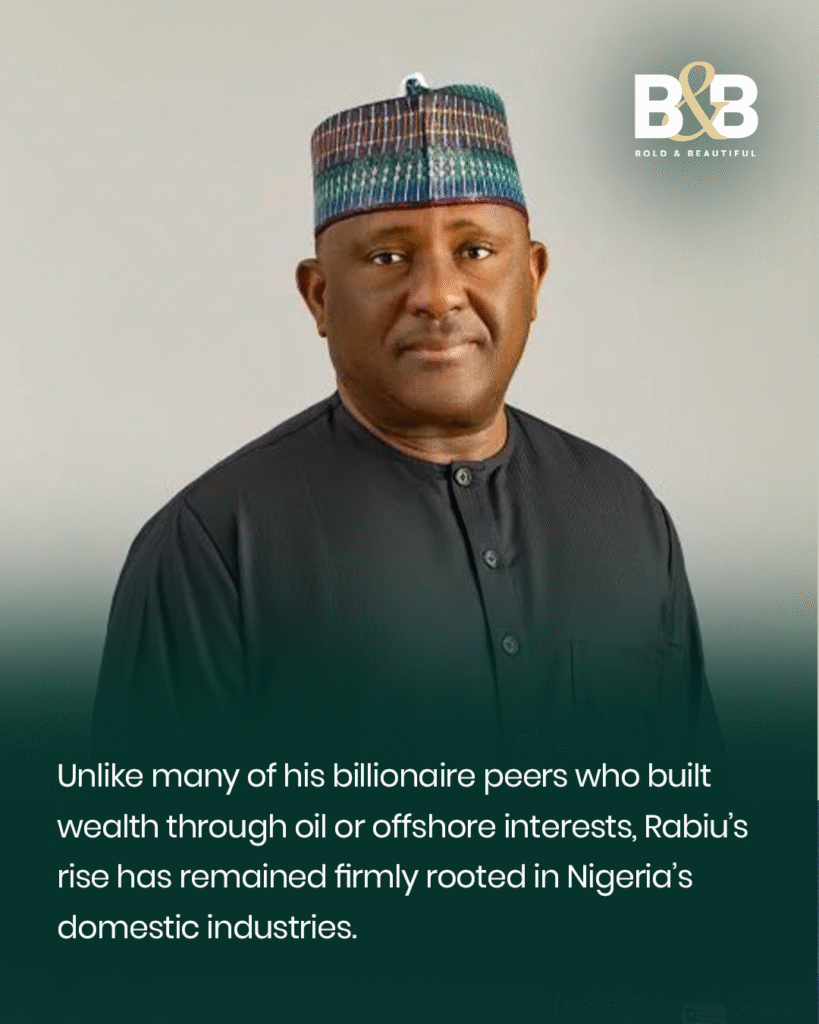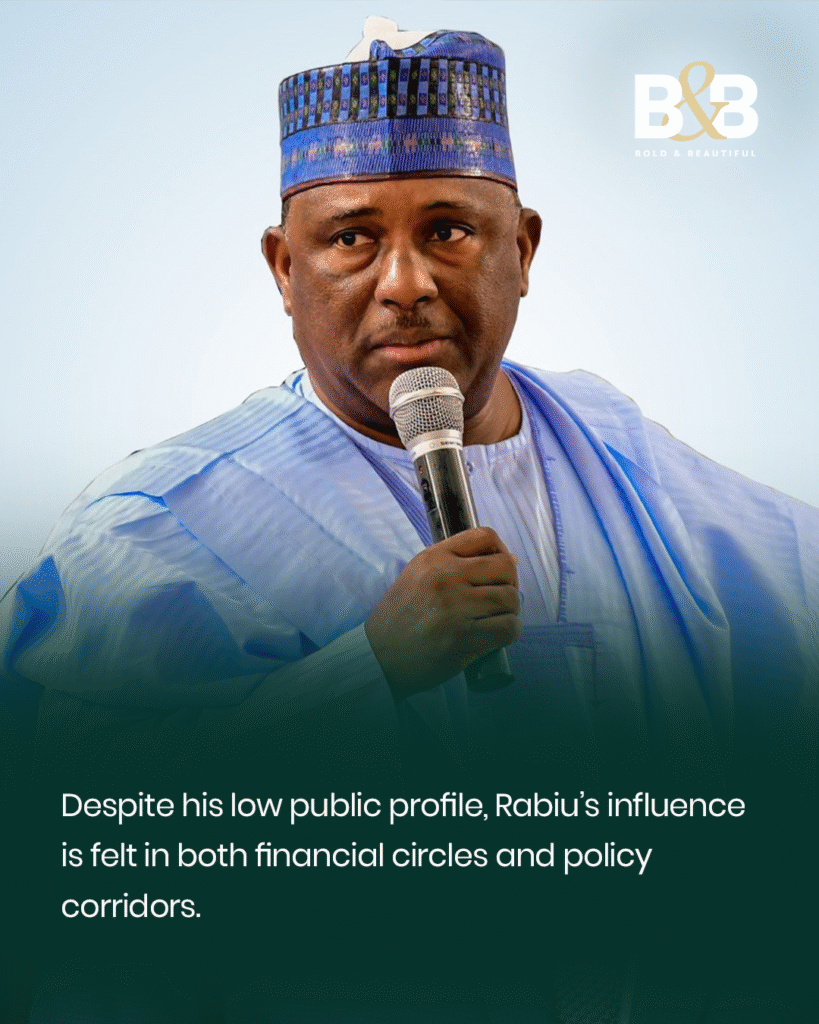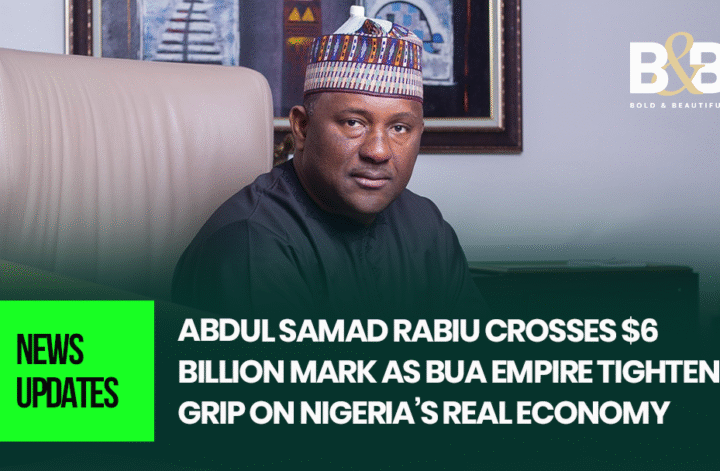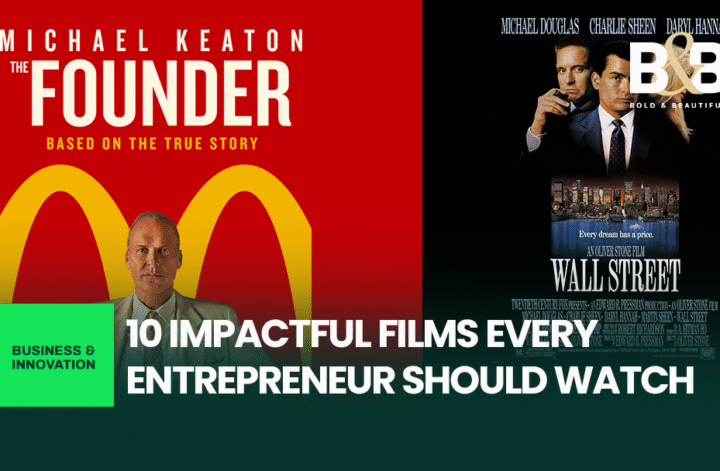Abdul Samad Rabiu, the quietly strategic billionaire behind Nigeria’s BUA Group, has seen his net worth surge to an estimated $6 billion, following strong performances in his cement and food manufacturing businesses.

The new valuation, tracked by the Bloomberg Billionaires Index, reaffirms Rabiu’s position as one of Africa’s most influential industrialists and a central player in West Africa’s production economy.
Rabiu’s wealth is anchored in hard assets and real sector dominance. As founder and chairman of BUA Group, he has steadily expanded operations in key value chain industries including cement, sugar, flour, pasta, and edible oils. His method has remained consistent: build high-efficiency factories, control supply chains, and deliver at competitive price points.
The latest jump in his fortune reflects investor confidence in BUA Cement PLC, which has gained substantial traction in recent quarters amid rising demand for infrastructure across Nigeria. Meanwhile, BUA Foods has continued to post solid earnings, capitalising on its wide distribution reach and vertically integrated operations.
Unlike many of his billionaire peers who built wealth through oil or offshore interests, Rabiu’s rise has remained firmly rooted in Nigeria’s domestic industries. His approach has been to invest in industrial capacity that feeds national demand and lowers import dependence.

BUA Cement currently operates plants in Edo, Sokoto, and soon Adamawa, pushing its annual production capacity to over 17 million metric tonnes. It competes directly with industry giants, and Rabiu has not shied away from price wars or calls for greater market fairness. He has regularly advocated for regulatory consistency and improved infrastructure to support local manufacturing.
In the consumer goods space, BUA Foods’ growing product lines and wide market reach have positioned it as a household name. From sugar and pasta to flour and rice, the brand’s visibility in retail markets across West Africa continues to deepen.
Beyond the boardroom, Rabiu’s Abdul Samad Rabiu Africa Initiative (ASR Africa) has directed millions of dollars toward education, health care, and security projects across Nigeria. Most recently, ASR Africa donated N10 billion for health infrastructure and equipment upgrades in several Nigerian states. The initiative reflects his belief that Africa’s private sector has a role in rebuilding critical systems.
Despite his low public profile, Rabiu’s influence is felt in both financial circles and policy corridors. He remains a key voice in conversations around industrial policy, trade balance, and investment in Nigeria’s non-oil economy.
The climb in Rabiu’s net worth comes at a time when many Nigerian businesses are grappling with inflation, foreign exchange scarcity, and logistical bottlenecks. His ability to scale manufacturing operations amidst such volatility has drawn praise from analysts tracking African industrialisation efforts.
His companies maintain a policy of reinvestment, with major portions of earnings channelled back into capacity expansion and technology upgrades. That discipline has earned him a reputation for substance over noise, in a region often defined by volatile capital and short-term bets.
With new plants in the pipeline and further integration of his production networks, Rabiu’s industrial model appears set for continued momentum. His climb to $6 billion is not simply a personal milestone. It reflects the growing viability of African-owned, African-operated enterprises in reshaping the continent’s economic story.





